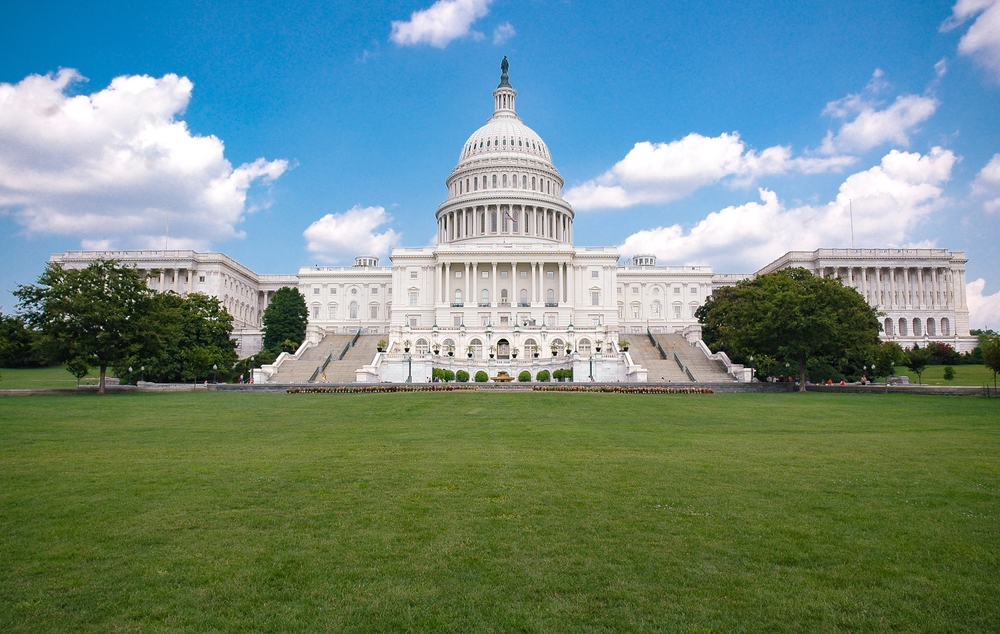On May 22, 2025, the House of Representatives approved an amended version of the budget reconciliation bill, which now moves to the Senate for consideration. Also referred to as the “One, Big, Beautiful Bill,” the proposed legislation includes a variety of provisions that would impact both individuals and businesses. Significantly, the bill addresses the expiration of the 2017 Tax Cuts and Jobs Act (TCJA), making most of the tax cuts in the Act permanent.
Tax Provisions Impacting Individuals
The House Bill has wide-ranging implications for individual taxpayers. Notably, it increases the inflation adjustment for all tax brackets, with the exception of the top 37 percent. It will shift the threshold for those brackets upward and increase the amount of income subject to the lower tax rates. In addition, it contains a generous SALT deduction cap and permanently extends the TCJA’s modified tax brackets schedule and lower tax rates which were set to expire on December 31, 2025.
Key provisions in the bill that impact individual taxpayers include the following:
- Permanent increases to the standard deduction — The bill permanently extends the lower tax rates and wider income brackets introduced by the TCJA.
- Exclusion of interest on home equity loans — The bill would make the TCJA’s limitations on the mortgage interest deduction permanent.
- Expansion of the Child Tax Credit (CTC) — The CTC will increase from $2,000 to $2,500 until 2028, when it returns to $2,000 and grows with inflation.
- Tipped income — The bill creates a temporary tax deduction from gross income for tips earned by workers in “traditionally and customarily tipped industries.”
- Estate and gift tax exemption — The bill increases the TCJA’s lifetime estate and gift tax exemption to $15 million for single filers and $30 million for married couples filing jointly. The exclusions would be indexed for inflation moving forward.
Additionally, the bill would expand the uses for health savings accounts and 529s. For instance, HSAs could be used for gym memberships and fitness reimbursement. They could also be used by individuals who have high-deductible health plans to receive services at on-site employer health clinics. The expanded uses of 529 funds include tutoring, testing fees, and educational therapies for students with disabilities. Tax-free withdrawals would also be permitted for recognized postsecondary credential programs.
Tax Provisions Impacting Businesses
The One, Big, Beautiful Bill offers a broad scope of tax benefits for small businesses. It includes provisions that restore the ability of a small business owner to deduct 100% of bonus depreciation and would allow R&D costs to be fully deductible in the first year. While the pending legislation also offers a tax deduction on overtime pay for employees, many more employees may be more likely to work additional shifts as a result. This can help companies increase productivity, address staffing shortages, and handle fluctuating workloads.
Some other provisions businesses should be aware of include the following:
- Business interest deduction — The bill increases the amount of business interest expenses that can be deducted by removing depreciation, amortization, and depletion deductions from the ATI calculation.
- Expansion of Section 179 — The existing bonus depreciation provisions would be modified, reinstating 100% first-year depreciation for qualified property that was acquired and placed in service between January 19, 2025 and January 1, 2030.
- Increase of the 1099 threshold — The 1099-MISC threshold would be increased from $600 to $2,000, indexed for inflation.
- Deduction for qualified business income — The bill would make the Section 199A deduction permanent, increasing it to 23%.
- Excess business loss limitations — The excess business loss limitation would be made permanent and indexed for inflation. This restricts the amount of business losses a noncorporate taxpayer can deduct against their other income each year.
If you have questions about how the proposed tax changes may impact you or your business, it’s best to consult with a tax professional who can advise you on what to expect.
Contact an Experienced Tax Professional
A skillful tax advisor can help ensure you take advantage of the tax deductions available to you and develop a strategy to meet your financial goals. Based in Fairfield, Connecticut, Rolleri & Sheppard CPAS, LLP offers knowledgeable guidance and tailored solutions to individuals and business owners for tax planning matters. Contact us online or call (203) 259-CPAS to schedule a consultation.



